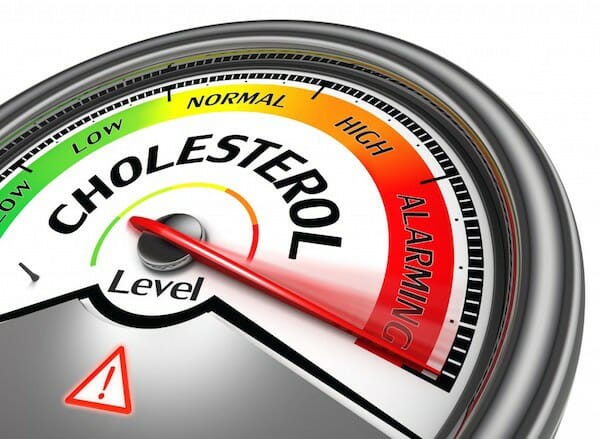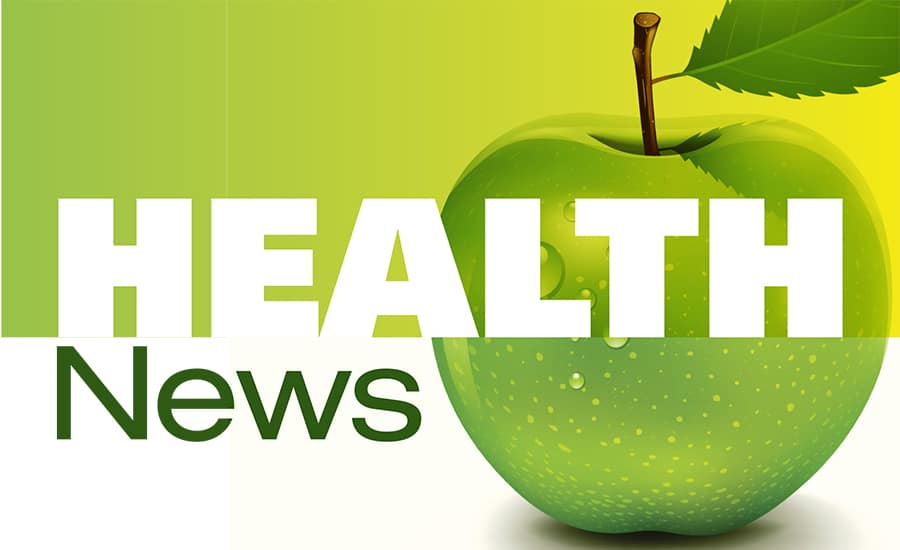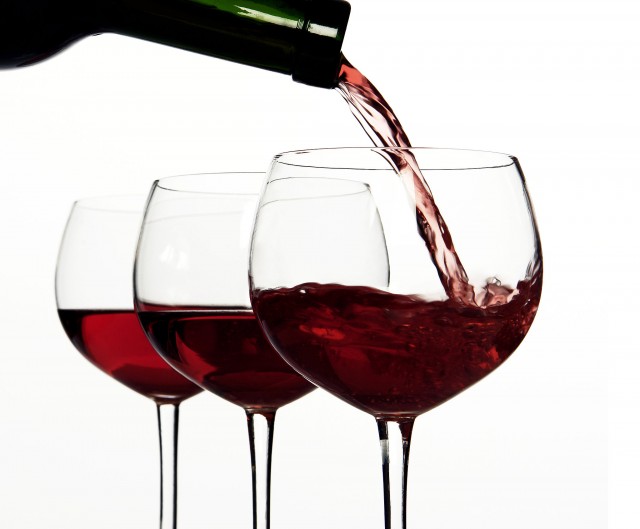PHILADELPHIA– Women who consumed about four cups of coffee each day appeared to have actually lowered endometrial cancer risk compared to those who consumed less than a cup every day, according to a research published in Cancer Epidemiology, Biomarkers & Prevention, a journal of the American Association for Cancer Research. Melissa A. Merritt, PhD
“We utilized a ‘nutrient-wide association research study,’ a brand-new strategy to systematically evaluate the association of dietary elements with endometrial cancer threat,” stated Melissa A. Merritt, PhD, a study fellow in cancer epidemiology at Imperial College London in the United Kingdom. “This method was inspired by genome-wide association studies that look at genetic danger elements for cancer, however in our case we investigated 84 foods and nutrients in place of genes as risk factors for endometrial cancer.
“We confirmed observations from previous studies that having a high versus low intake of coffee was associated with a minimized threat for endometrial cancer, and for the majority of other dietary elements there was no association with endometrial cancer danger,” Merritt added.
“Coffee intake deserves investigating additionally to see if coffee can be used for the prevention of endometrial cancer. However, prior to scientific suggestions can be made, more researches are needed to evaluate this question in other research studies and to attempt to separate the parts of coffee that may be liable for any impact on endometrial cancer,” Merritt said.
Merritt and colleagues examined the association of 84 foods and nutrients based on nutritional surveys from a prospective cohort research study, the European Prospective Investigation Into Cancer and Nutrition (EPIC) Study. They then verified nine foods and nutrients recognized from the EPIC study as having associations with endometrial cancer threat in 2 prospective cohort studies, the Nurses’ Health Study (NHS) and NHSII, two cohorts based at Brigham and Women’s Hospital, Boston, and Harvard School of Public Health, Boston, respectively.
Amongst the EPIC research participants, those who consumed about 3 cups of coffee per day (750 g/day) had a 19 percent lower risk for endometrial cancer compared with those who drank less than one cup of coffee daily. Among the NHS/NHSII participants, those who drank about four cups of coffee each day (1,000 g/day) had an 18 percent lower danger for endometrial cancer compared with those who never drank coffee.
This study focused on 1,303 endometrial cancer cases in the EPIC research, and 1,531 endometrial cancer cases from the NHS/NHSII research studies.
The 9 foods/nutrients that were found to have associations with endometrial cancer in the EPIC cohort were overall fat, monounsaturated fat, carbs, phosphorus, butter, yogurt, cheese, potatoes, and coffee.
Total fat, monounsaturated fat, and phosphorus were connected with lowered risk for endometrial cancer, and carbohydrates and butter consumption were associated with enhanced danger for endometrial cancer in the EPIC cohort, however these findings could not be confirmed in the NHS/NHSII cohorts.
The coordination of EPIC is economically supported by the European Commission (DGSANCO) and the International Agency for Research on Cancer. The nationwide cohorts are supported by Danish Cancer Society (Denmark); Ligue Contre le Cancer, Institut Gustave Roussy, Mutuelle Générale de l’Education Nationale, Institut National de la Santé et de la Recherche Médicale (INSERM) (France); Deutsche Krebshilfe, Deutsches Krebsforschungszentrum and Federal Ministry of Education and Research (Germany); the Hellenic Health Foundation (Greece); Associazione Italiana per la Ricerca sul Cancro-AIRC (Italy); Dutch Ministry of Public Health, Welfare and Sports (VWS), Netherlands Cancer Registry (NKR), LK Research Funds, Dutch Prevention Funds, Dutch ZON (Zorg Onderzoek Nederland), World Cancer Research Fund (WCRF), Statistics Netherlands (Netherlands); ERC-2009-AdG 232997 and Nordforsk, Nordic Center of Excellence Program on Food, Nutrition, and Health (Norway); Health Research Fund (FIS), Regional Governments of AndalucÃa, Asturias, Basque Country, Murcia (no. 6236) and Navarra, ISCIII RETIC (Spain); Swedish Cancer Society, Swedish Scientific Council and County Councils of SkÃ¥ne and Västerbotten (Sweden); Cancer Research U.K., Medical Research Council (United Kingdom). The NHS/NHSII were supported by the National Institutes of Health. Merritt declares no conflicts of interest.








